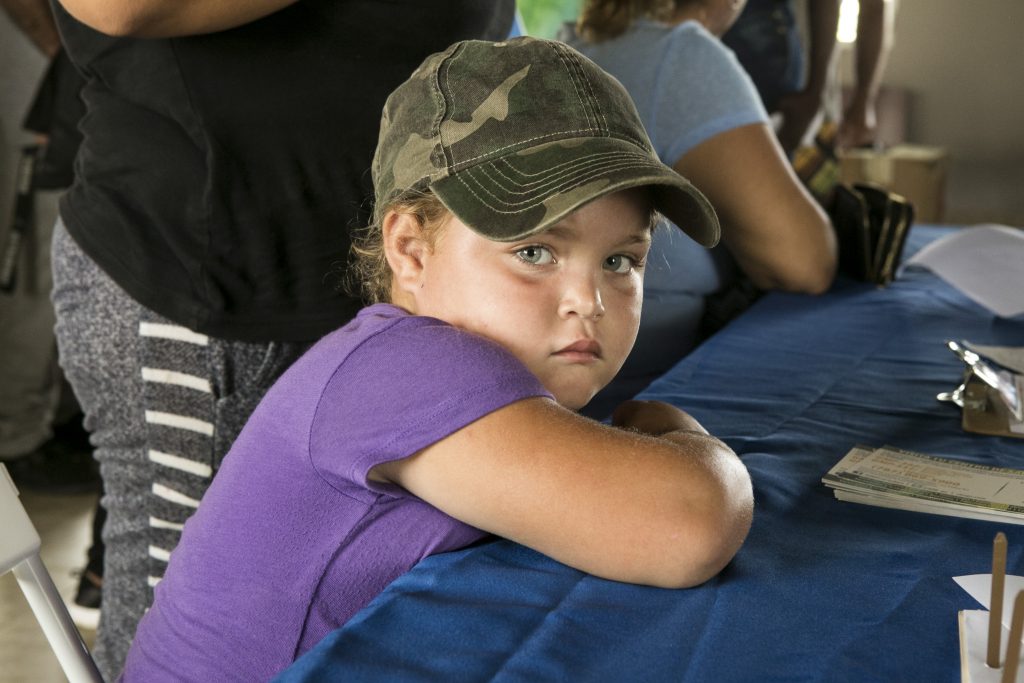
Child Health
Women's & Children's Health
Children depend on their families and their communities for well-being in all aspects of their lives—a reality that makes the health of children in every society a good proxy indicator for a functioning healthcare system that caters to all.
Globally, there has been progress in reducing the number of children who die before their fifth birthday. Despite this progress, the Millennium Development Goal target for reducing child deaths was not met by the 2015 target date, and the UN has now set a goal of a reduction in under-5 mortality to at least as low as 25 per 1,000 live births by 2030. In the majority of cases, under-5 child deaths are due to diseases that are preventable or treatable using proven, affordable and cost-effective methods.
International Medical Corps works at the community level to support the sustainable delivery of proven child health practices such immunizations, growth monitoring, nutrition services, consultations for diagnosis or treatment of common diseases, and integrated community-based case management of common childhood illnesses.
Our goals at International Medical Corps include:
- reducing childhood mortality through the prevention of preventable illness;
- providing every child with essential vaccinations; and
- treating every child with malnutrition with a clear nutrition program.
Our Response
Around the world, 1 child in 27 dies before the age of 5. Countries in Africa—such as Nigeria, Somalia and South Sudan—have some of the highest rates of death. Aware of the need to address this challenge, International Medical Corps has enacted several programs to end preventable childhood mortality. One such program focuses on proper nutrition services for breastfeeding mothers and children.
When refugees in Africa’s Sahel region were facing a severe food shortage, Sidick, a nine-month-old refugee in eastern Chad, was referred to a hospital staffed with International Medical Corps doctors, who determined that he was severely malnourished. They admitted him to our outpatient therapeutic program, where severely malnourished children receive care at home from their own families using a ready-to-eat therapeutic food that we provide. After this treatment, and further medical care, Sidick recovered quickly, and is now healthy. In many complex emergencies, proper resources for children are often among the first items to be cut, making it incredibly important for the international community to address.
The best food for infants is breast milk because it carries vital nutrients and can boost immunity.
Our health facilities provide vaccines to children in refugee camps to reduce the risk of infectious disease outbreaks.
International Medical Corps has administered women’s and children’s health programs in more than 80 countries on six continents since 1984.